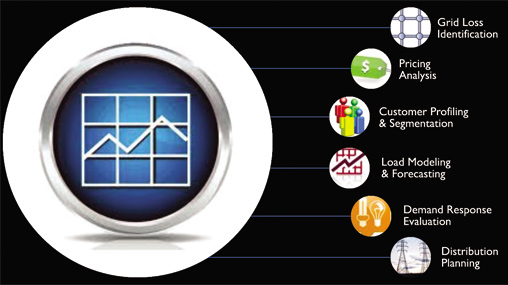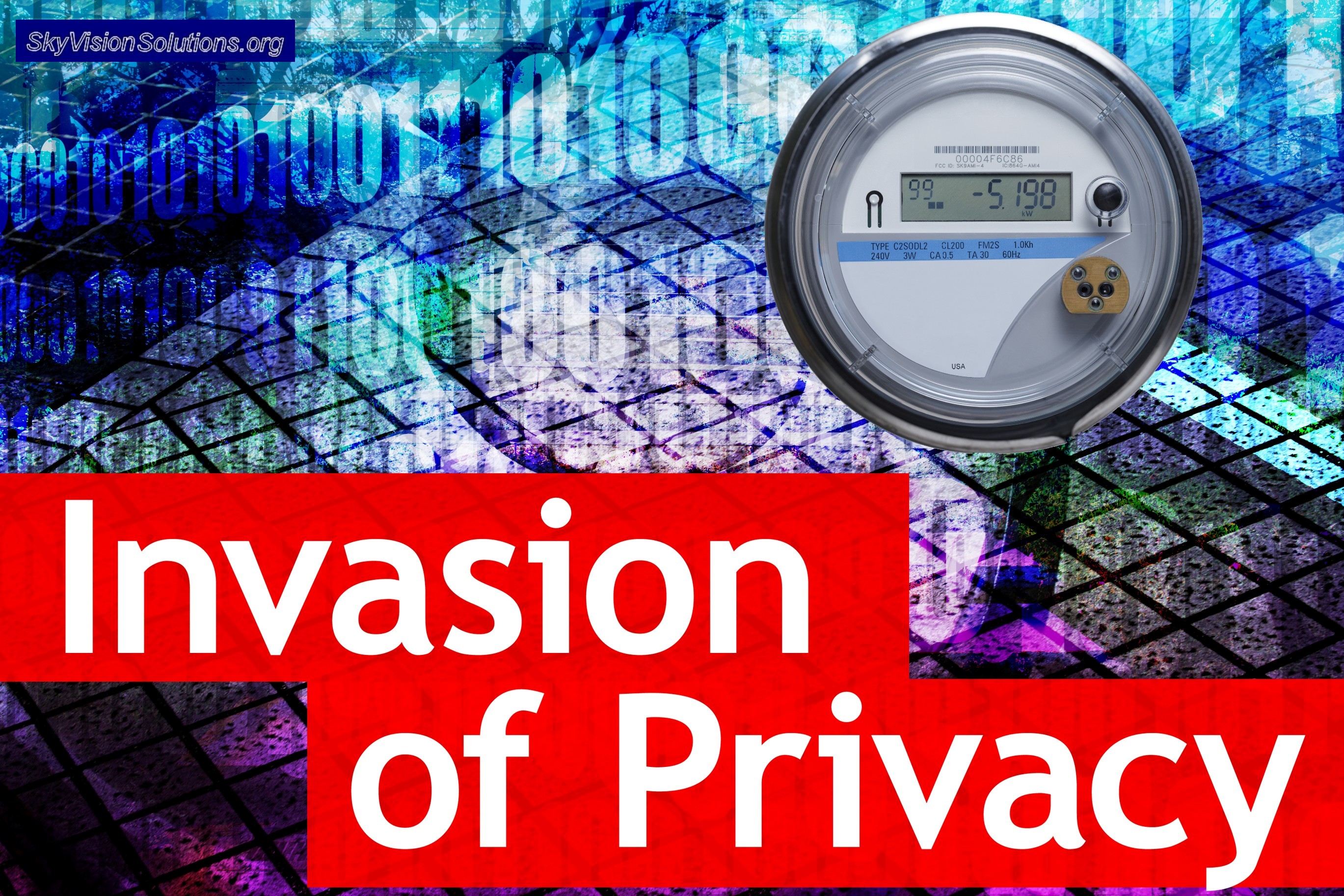
Overcoming Challenges in Smart Meter Deployment: Lessons Learned
In today's rapidly evolving energy landscape, the deployment of smart meters has emerged as a transformative solution to optimize energy consumption, reduce carbon emissions, and empower consumers with valuable insights into their energy usage patterns. This article delves into the world of smart meter deployment, exploring its benefits, challenges, and the pivotal role it plays in creating a sustainable future.
Smart meter deployment refers to the process of installing advanced metering systems that enable two-way communication between utility companies and consumers. These intelligent devices replace traditional analog meters, revolutionizing the way energy is measured, monitored, and managed. By capturing real-time data on electricity, gas, or water consumption, smart meters provide a wealth of information that empowers both consumers and utility providers to make informed decisions about energy usage.
One of the primary advantages of smart meter deployment is its ability to promote energy efficiency. With access to granular data on energy consumption, consumers can gain a comprehensive understanding of their usage patterns, identifying areas where energy is being wasted. Armed with this knowledge, individuals can make informed choices, adopting energy-saving practices and adjusting their habits to reduce consumption and lower their carbon footprint. Smart meters also enable utility companies to implement demand response programs, encouraging consumers to reduce their energy usage during peak demand periods, thus balancing the grid and avoiding potential blackouts.
Moreover, smart meters facilitate accurate billing. With traditional meters, estimated readings often lead to discrepancies between actual consumption and billed amounts. However, smart meters eliminate this issue by providing real-time, accurate data, ensuring that consumers are billed precisely for the energy they consume. This transparency fosters trust between consumers and utility providers, enhancing customer satisfaction and eliminating billing disputes.
Smart meter deployment does come with its share of challenges. One of the key concerns revolves around data privacy and security. As smart meters collect and transmit sensitive information about energy consumption, ensuring robust cybersecurity measures is paramount. Strong encryption protocols, secure communication channels, and stringent data protection policies must be in place to safeguard consumer data from potential threats.
Furthermore, the widespread deployment of smart meters requires significant infrastructure upgrades. Utility companies need to invest in advanced communication networks and data management systems capable of handling the vast amounts of data generated by smart meters. These investments can be costly, and the implementation process may pose logistical challenges, including scheduling installations and coordinating with consumers.
In conclusion, smart meter deployment represents a pivotal step towards a sustainable future. By enabling precise energy monitoring, promoting energy efficiency, and enhancing billing accuracy, these intelligent devices empower consumers and utility providers alike. Although challenges exist, such as data privacy and infrastructure requirements, the benefits of smart meter deployment far outweigh the drawbacks. As we continue to embrace smart technology, the deployment of smart meters emerges as a crucial driver of a greener, more efficient, and sustainable energy ecosystem.

